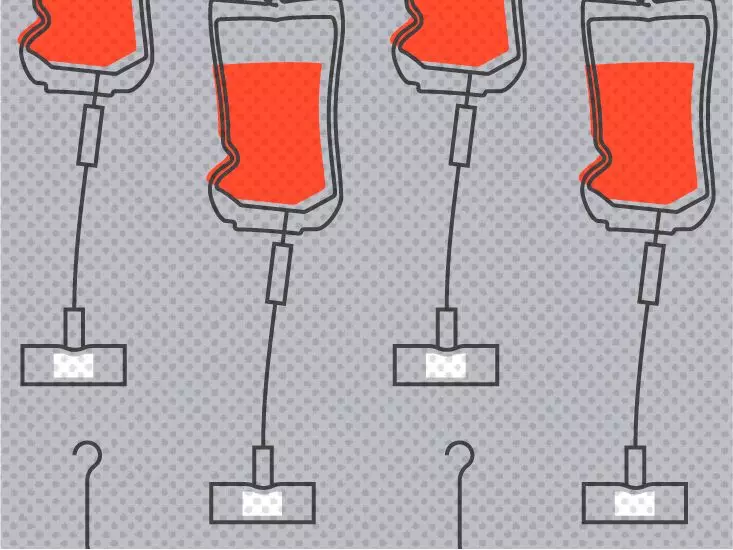When it comes to treating prostate cancer, Provenge (sipuleucel-t) is a commonly prescribed drug. However, like all medications, Provenge can come with its own set of side effects that patients need to be aware of. Some of the mild side effects that have been reported by patients who took Provenge in clinical trials include anemia, constipation, headache, and vomiting. These side effects are usually temporary and may last for a few days to weeks. It is essential to keep track of these side effects and consult your doctor if they persist or become severe.
In addition to mild side effects, Provenge can also cause more serious side effects that require immediate medical attention. These serious side effects may include stroke, heart attack, and blood clots. Symptoms of a stroke or heart attack can be severe and may include numbness or weakness in one side of the body, vision problems, chest pain, and difficulty speaking or walking. It is crucial to contact your doctor right away if you experience any of these symptoms while taking Provenge.
Although allergic reactions to Provenge are rare, they can still occur in some patients. Symptoms of an allergic reaction can range from mild rash to severe swelling or trouble breathing. For mild allergic reactions, it is recommended to contact your doctor for advice on managing the symptoms. However, if you experience severe allergic reaction symptoms, such as difficulty breathing, it is crucial to seek immediate medical help by calling 911 or visiting the emergency room.
One of the most common side effects of Provenge is infusion reactions, which can be mild or severe. These reactions usually occur during or shortly after receiving the Provenge infusion and include symptoms like chills, fever, and fatigue. Patients with pre-existing heart or lung conditions may be at higher risk of experiencing infusion reactions. Additionally, Provenge can also lead to the formation of blood clots, such as deep vein thrombosis or pulmonary embolism. If you suspect you are experiencing symptoms of a blood clot, seek immediate medical attention.
Before starting treatment with Provenge, it is essential to discuss your medical history with your doctor. Certain medical conditions, such as lung or heart problems, may make you ineligible for Provenge treatment. It is also crucial to inform your doctor about any previous allergic reactions to similar drugs or any other factors that may affect your health, such as pregnancy or alcohol consumption.
Provenge is a valuable medication for treating prostate cancer, but it is essential to be aware of the potential side effects that may accompany its use. By staying informed and monitoring your symptoms closely, you can work with your healthcare provider to ensure a safe and effective treatment plan. If you experience any concerning side effects while taking Provenge, do not hesitate to seek medical advice promptly. Remember, your health and well-being are the top priorities when undergoing cancer treatment.

